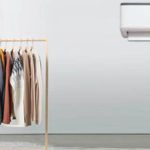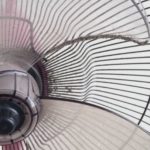Did you know that besides protecting against bacteria and fine dust, masks can also help you save on electricity bills? It may sound unbelievable, but it’s true! The following article will reveal a trick to doing just that.
1. What You Need
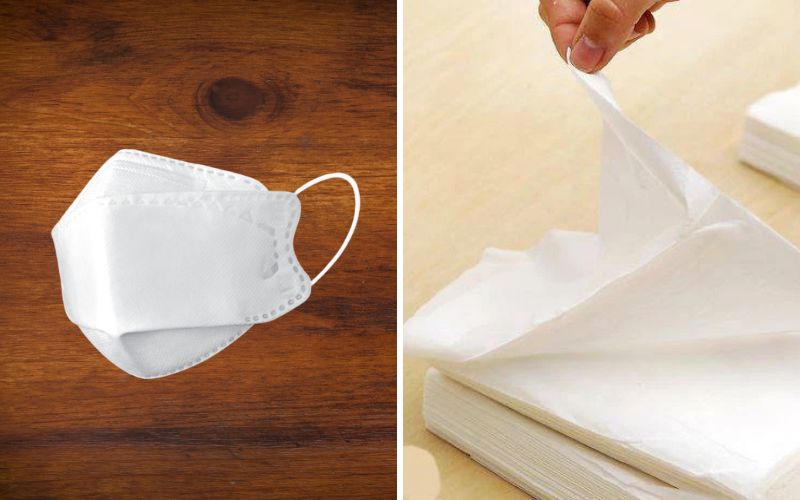 What You Need
What You Need
To perform this trick, you’ll need two simple items: a medical mask and a refrigerator.
2. How to Do It
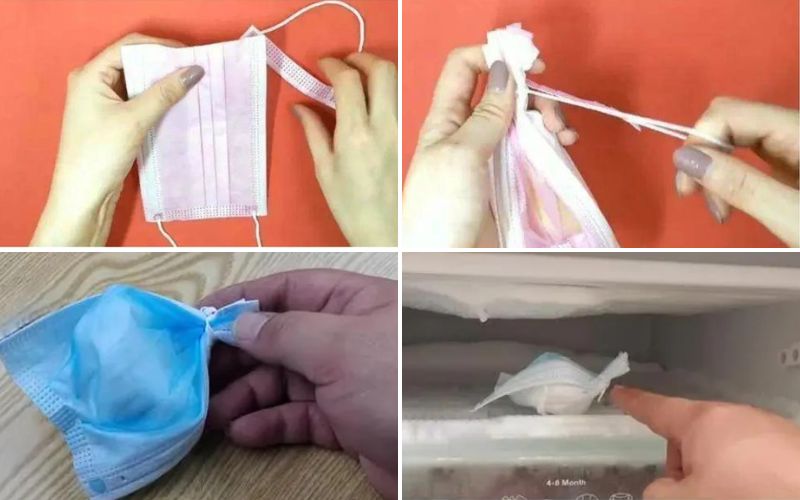 How to Do It
How to Do It
Alternatively, you can place a tea bag inside the mask and put it in the refrigerator. This will help absorb moisture and eliminate odors effectively.
The mask’s breathable design, coupled with the tissue’s absorbency, creates a packet that soaks up excess moisture in the fridge. This prevents frost and ice buildup, making the refrigerator more energy-efficient.
3. Tips for Saving Electricity When Using a Refrigerator
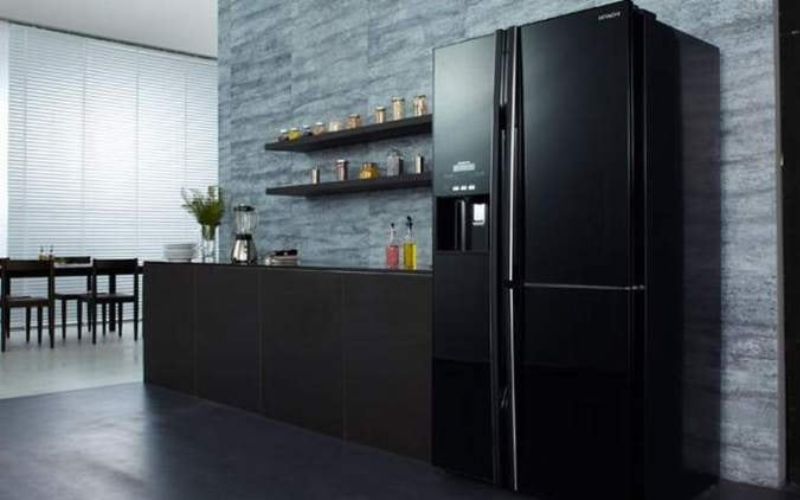 Keep It Cool
Keep It Cool
- Maintain Distance from Heat Sources: Place the refrigerator away from direct sunlight and heat-generating appliances. A gap of 10-20 cm from the wall and 5 cm from the ground is ideal for optimal heat dissipation.
- Right-Size Your Fridge: Choose a refrigerator with a suitable capacity for your needs. An overly small fridge may struggle to keep up, while a large one will waste energy.
 Temperature Control
Temperature Control
- Optimal Temperature Settings: Keep the fridge temperature between 2-4°C and the freezer at around -15°C. Higher settings risk food spoilage, while lower settings waste energy.
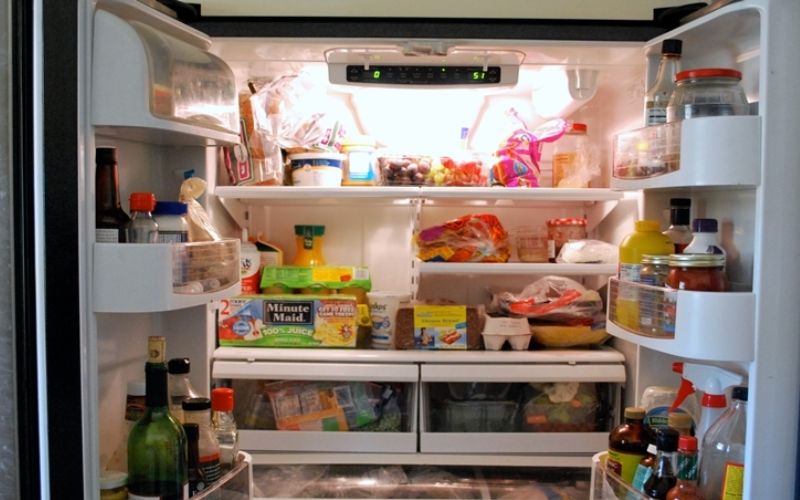 Smart Storage
Smart Storage
- Use Glass or Ceramic Containers: These materials retain cold better than plastic, helping to maintain the fridge’s temperature and save energy.
- Avoid Storing Hot Food: Let food cool down before placing it in the fridge. Hot food increases the internal temperature, making the fridge work harder to cool it down.
- Limit Frequent Opening and Closing: Try not to open and close the fridge door too often or for extended periods, as this causes temperature fluctuations and wastes energy.
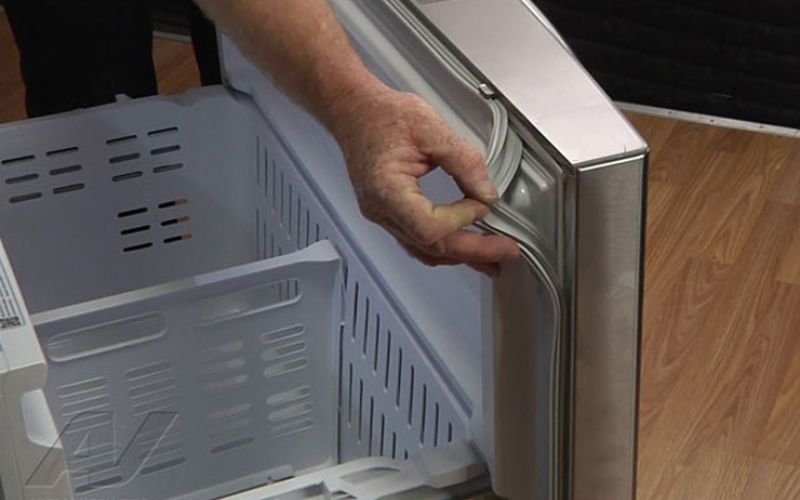 Keep the Cold In
Keep the Cold In
- Don’t Leave the Door Open: Prolonged door openings allow cold air to escape, forcing the fridge to work harder and consume more energy.
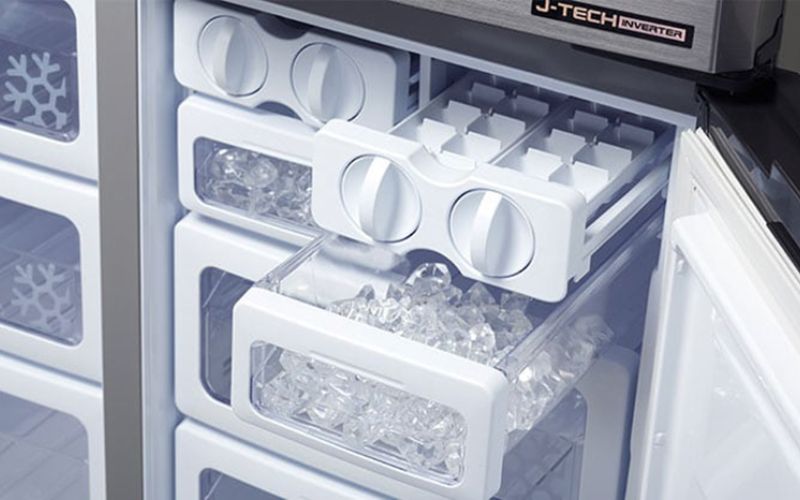 Maintenance Matters
Maintenance Matters
- Check Door Seals Regularly: Ensure the door seals are tight to prevent cold air from escaping, which wastes energy.
- Clean the Condenser Coils: At least once or twice a year, clean the condenser coils to ensure efficient heat dissipation.
 Ice-Cold Efficiency
Ice-Cold Efficiency
- Turn Off Ice Maker When Not in Use: If you don’t need ice, turn off the automatic ice maker to save energy.
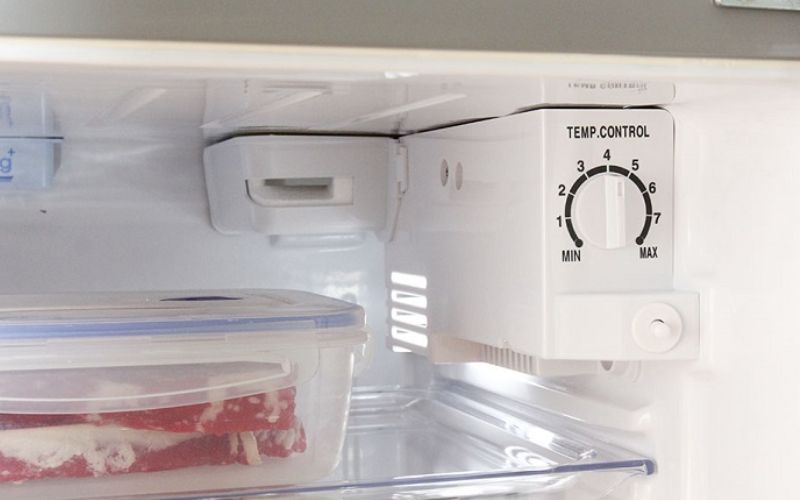 Keep It Clean
Keep It Clean
- Regular Cleaning: Clean your refrigerator every 1-2 months to remove bacteria and dust from the cold air vents. This simple task can significantly reduce energy consumption.
In conclusion, using medical masks in the refrigerator is an effective way to save on electricity costs. Additionally, following the provided tips for efficient refrigerator use can further reduce energy consumption. Give these tricks a try and start saving today!
Exploring the Pros and Cons of Sleeping in an Air-Conditioned Room
Is sleeping with an air conditioner a good idea? As concerns over the adverse effects of air conditioning on our health increase, it’s important to understand the risks and rewards of using air conditioning while sleeping. Let’s examine the benefits and drawbacks of sleeping with an air conditioner, and the protective measures one should take.


























